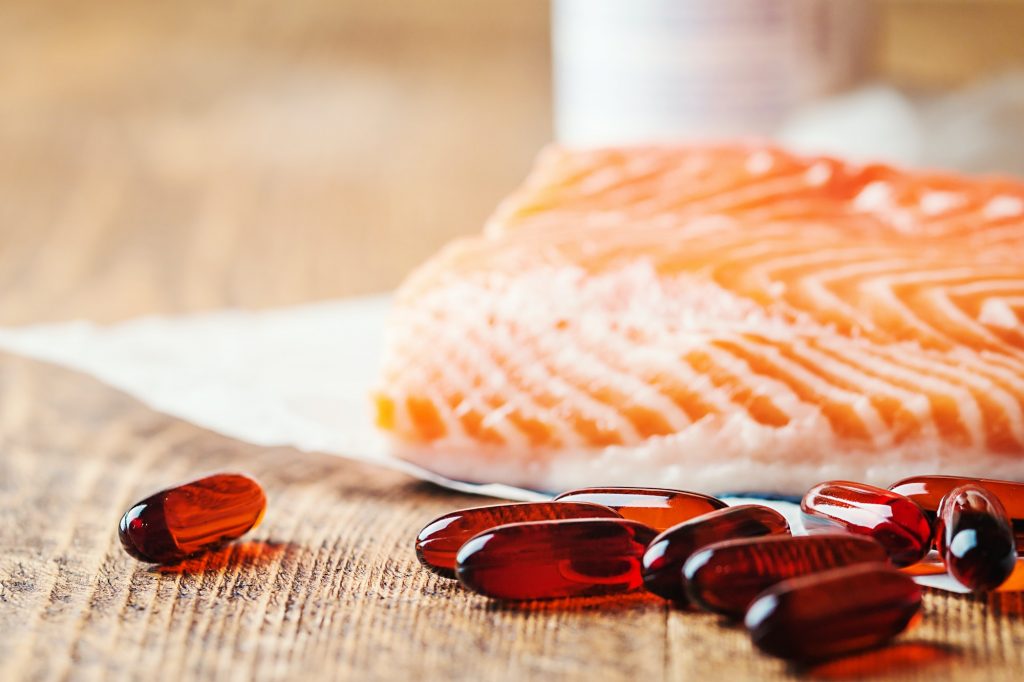There are various health benefits linked to krill oil – but are there any krill oil side effects you should be worried about?
Krill oil comes from krill – tiny crustaceans that are rich in omega-3 fatty acids. They are rich in two specific omega-3s: docosahexaenoic acid (DHA) and eicosapentaenoic acid (EPA).
Get the Best Krill Oil from Elements of Health Care
It serves as an alternative to fish oil, especially since its omega-3s are more available to the body than the ones in fish oil. While the DHA and EPA in fish oil is bound to triglycerides, the ones in krill oil are bound to phospholipids, which makes for better absorption.
However, it’s important to note that more research is necessary to conclusively claim this advantage over fish oil.
Krill Oil Dosage

When it comes to krill oil dosage, it all depends on how much DHA and EPA is available in the supplement. According to some guidelines, the combined daily intake of DHA and EPA should be between 250-500 milligrams (mg).
However, some studies suggest that higher doses may be necessary in certain cases – up to 4 grams per day. Talk to your doctor before taking higher krill oil dosages; it’s always better to start low and gradually increase the dosage.
Krill Oil Side Effects
Besides providing some of the same benefits as fish oil, krill oil is generally considered to be a safe supplement. However, taking high doses of krill oil may result in negative side effects such as blood clotting.
Still, some studies show that krill oil supplements don’t cause side effects in people taking blood thinners. In addition, the supplements also don’t seem to affect people undergoing surgery.
Nevertheless, if you’re taking any blood thinning medications or are about to undergo surgery, get the okay from your doctor before taking krill oil supplements. While krill oil is generally safe, some people may experience some mild symptoms such as loose stools, nausea, bloating, indigestion, and diarrhea.
In contrast to fish oil, krill oil doesn’t have a fishy aftertaste. As a safety precaution, people with seafood allergies shouldn’t use krill oil.
Moreover, the safety of supplements hasn’t been established for pregnant women, nursing mothers, or children. Consequently, it’s best to avoid these supplements under these circumstances unless prescribed by a healthcare provider.
Krill Oil Supplements
Krill oil supplements provide a natural way to get the nutrients you need – plus, you won’t have to deal with the fishy aftertaste. When looking for krill oil supplements, it’s important to choose one that fits your needs.
Elements of Health Care’s Krill Oil provides various benefits, such as reducing the risk of heart disease. Additionally, it promotes healthy brain cells, joint pain relief, reduced inflammation in the gut, and increases antioxidant levels.
If you want to start experiencing these benefits, try Element of Health Care’s Krill Oil and order it today.

